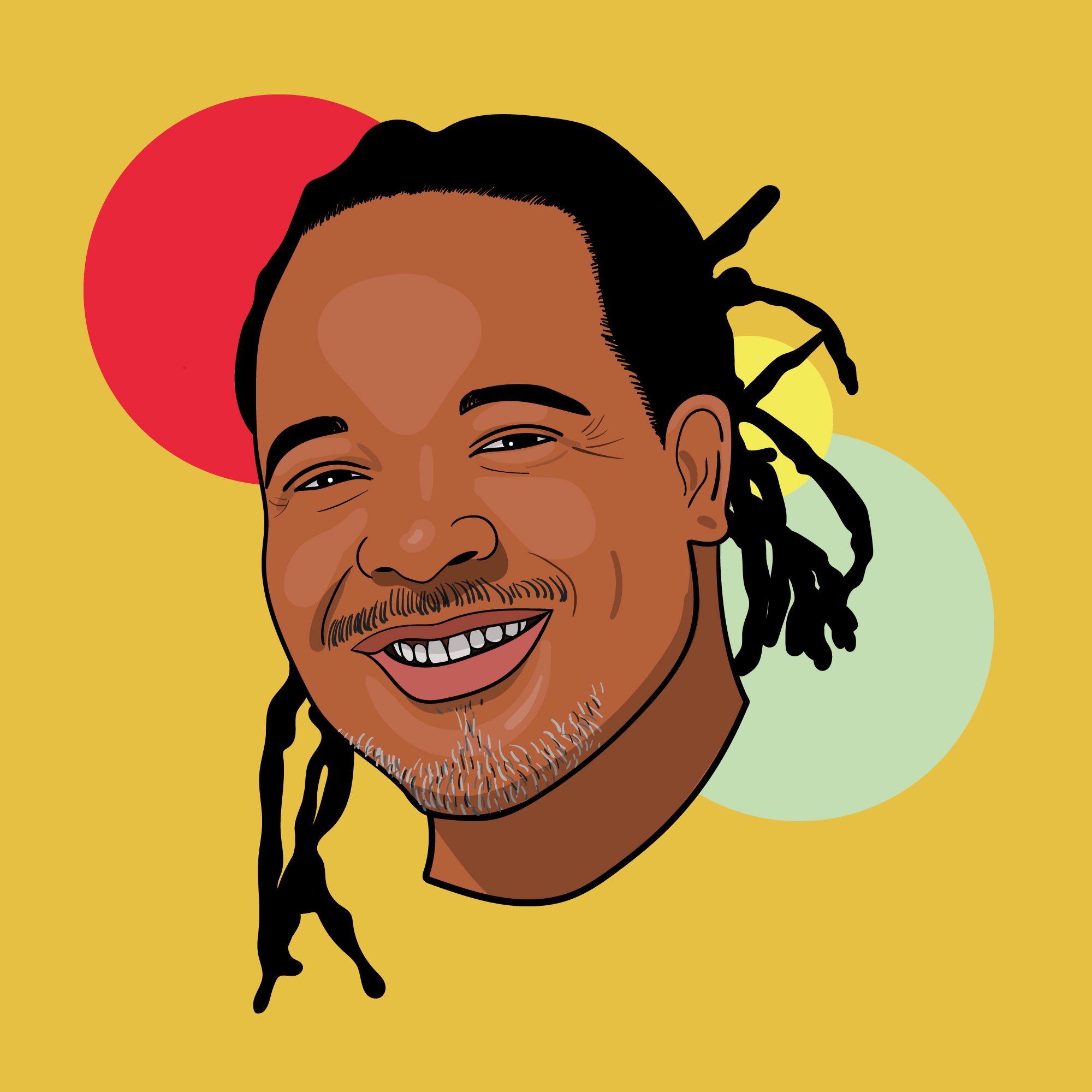Veronica Crespin-Palmer

Nationally, students of color complete high school at rates significantly lower than their white peers. In Aurora, Colorado's most diverse city, where more than 150 languages are spoken in public schools, just 65 percent of students graduated in 2016, with Black and Latino students 5-10 percentage points behind white classmates. Family involvement is key to school and student success, but RISE (Opens in a new tab) surveys show that many families — especially in immigrant and refugee communities — don't know those educational inequities exist, leaving a powerful force for change on the sidelines.
RISE (Opens in a new tab) works to make immigrant, refugee, and low-income families of color aware of educational inequity, and teaches them how to work at home and together with teachers to end it. RISE (Opens in a new tab) trains them to organize in multi-racial, multi-lingual coalitions to craft community solutions; it connects them to teachers, school leaders, and local nonprofits as partners; and it empowers them to become school system leaders, ensuring more representative and responsive districts. Since 2012, more than 3,000 families have participated, and 15 of them now sit on school and district decision-making bodies. Many have joined organizing coalitions leading to a dozen school- and district-wide actions and policy changes, often with teachers by their sides — including for a 2017 resolution protecting undocumented students, one of the first community-written and community-led school board resolutions in the country. Separately, RISE (Opens in a new tab) also trains teachers and school leaders to engage families in more equitable and diverse ways. When asked, 95 percent of teachers said that its work was deepening their relationships with students' families.
Dolores Huerta


















